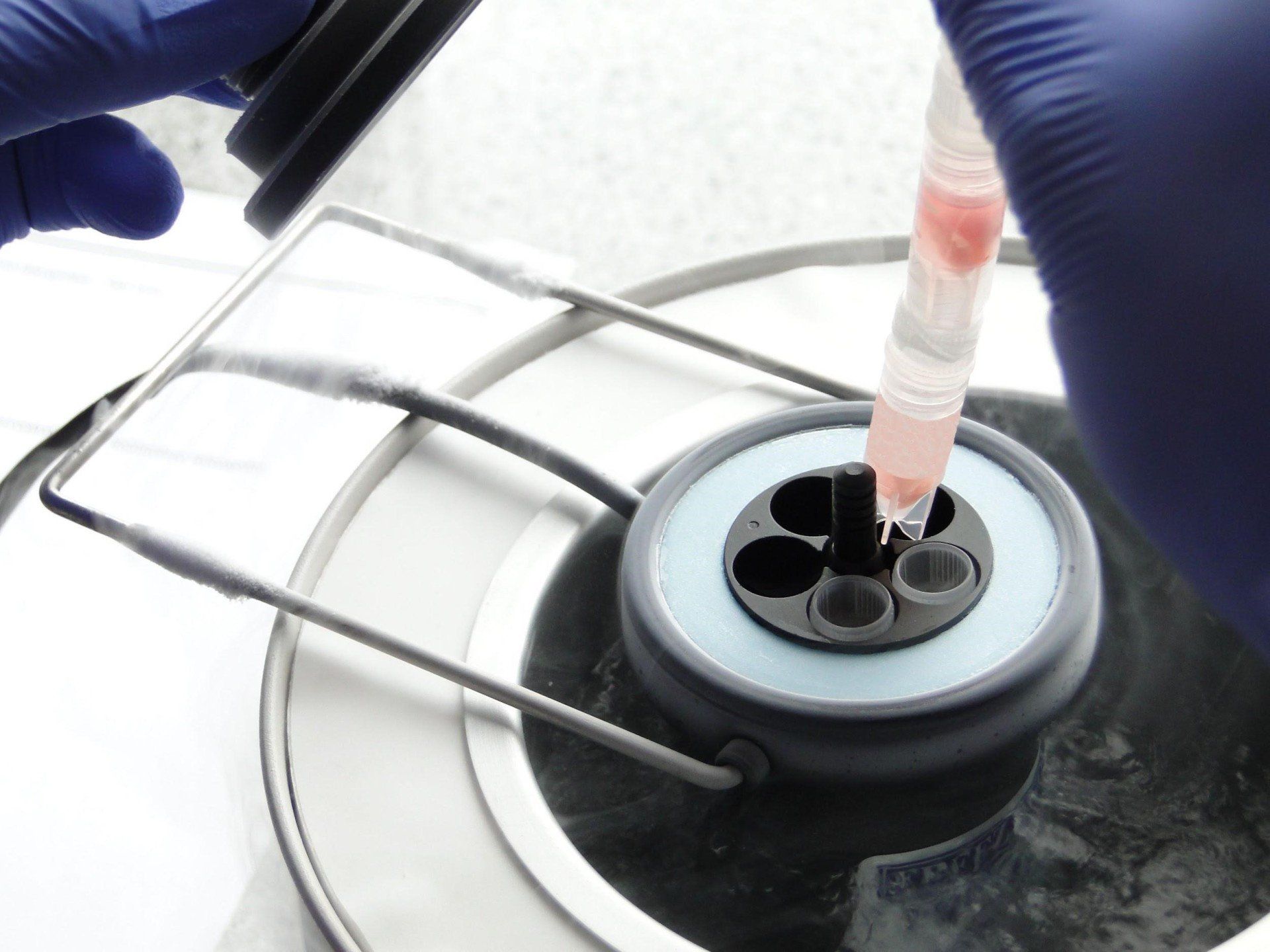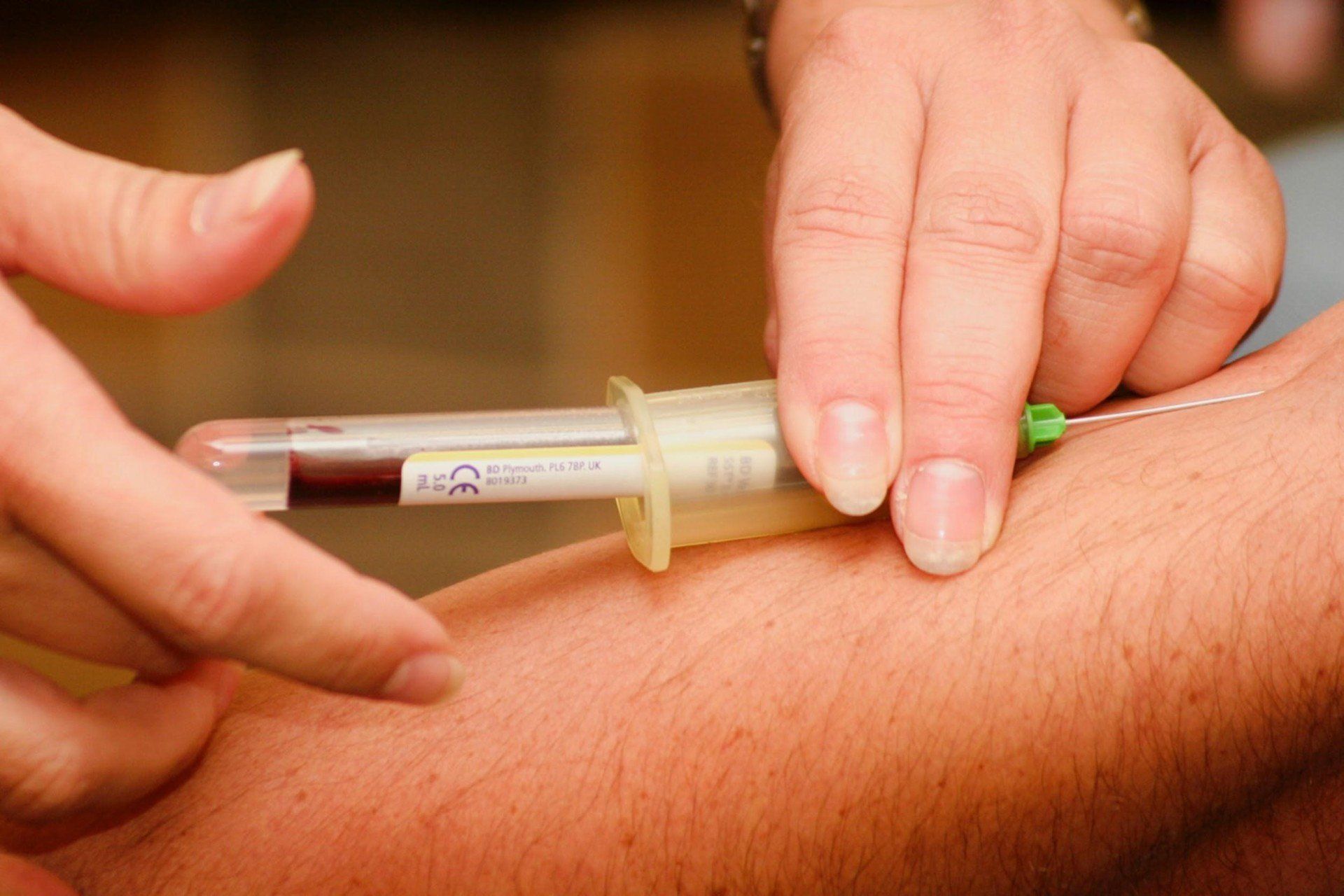IVF For Single Women
The decision to become a single mother is a challenging one. Maybe you had envisioned having a partner at this stage in your life but haven’t found that special person. Yet you’re ready to have a child, even if it’s on your own. Fortunately, it’s possible for you to fulfill your dream of being a mother with or without a partner. IVF for single women makes your dream a reality.
Here's everything you need to know about this miraculous process.
How to Know If You’re Ready
Most of us know a single parent who didn’t consciously make the choice to be one. Death of a partner, divorce, or an unintended pregnancy are have put them in that situation. Being a single parent always comes with challenges, yet plenty of healthy individuals come from single parent homes.
How does a single parent provide everything their child needs? Love is of course the most important factor. But you’ll also need a support network and financial security.
Ask yourself who your support system will be when you need extra help. Rest assured, all parents need extra help sometimes, even those with partners. Make sure you know who in your corner you can call for backup.
You’ll also need to be sure that your income is sufficient for taking care of your child and yourself. Consider all the costs that come with raising a child: food, shelter, clothing, diapers, education, childcare, health insurance, etc. Be honest with yourself about the costs and make sure you know how you’ll cover them. Choosing IVF for a single woman is a big decision, but you may be ready for it.
Age is a Factor
We all know that age is a factor for women who want to conceive. Your age determines what kind of fertility treatment is right for you. Typically, a woman’s ability to conceive naturally ends about 10 years before she enters menopause. Starting at 28, a woman’s fertility starts to slowly decline. At around 35, it declines more steeply and accelerates again between the ages of 39 and 42. (Source)
IVF for a single woman is always unique to the individual who wants to conceive. No matter your age, the first step is to consult with an endocrinologist and find out which fertility treatment option is right for you. Women under 35 may be able to conceive with donor sperm via intrauterine insemination, or IUI. Women over 35 may have better results with IVF treatment while women over 40 may want to consider donor eggs.
What You Should Know About Sperm Donors
IVF for a single woman requires a sperm donor. Once you’re ready to move forward with IVF or IUI, you’ll need to select your donor sperm. You can use a sperm bank or a donor who is known to you personally.
If you do choose to use a sperm donor who is known to you, you’ll need to familiarize yourself with the parental rights laws in your state. You’ll need to make important decisions, such as if you want the donor to be involved in the child’s life or not. You may want to consult with a lawyer who specializes in reproductive law.
Your chosen donor will need to be screened for sexually transmitted diseases. You may choose to also have them screened for genetic diseases. Certain fertility centers do not do fertility treatments when a known sperm donor is involved due to the legal complications. You’ll need to find a fertility center that works with sperm donors known to the mother.
If you don’t have someone in mind to be your sperm donor, donor sperm is available through sperm banks. In most states, anonymous sperm donors do not have parental rights relating to any children who result from their donation. Therefore, an anonymous donor is the best way to go if you don’t want your donor to have any relationship with your child. All anonymous sperm donors are screened for sexually transmitted diseases and some hereditary diseases as well.
What is the Process Like?
If you use IUI as your fertility treatment, typically your fertility specialist will first give you Clomid to stimulate your ovaries to produce more eggs. Once you’re ovulating, you are inseminated with the donor sperm at the fertility clinic. You may opt to for your specialist to monitor you to ensure you don’t have a high-multiple pregnancy.
With IVF for a single woman, fertility drugs are injected by your endocrinologist. These injections stimulate egg production and help eggs to mature. Once your eggs are mature, your specialist will extract them from your ovaries via syringe. The eggs are then fertilized with the donor sperm in a laboratory setting. These embryos develop over 3-5 days. The best one or two embryos are transferred to your uterus.
How Much Do Fertility Treatments Cost?
IUI typically costs somewhere between $300 and $800, plus the cost of donor sperm. Monitoring to make sure you don’t have a high-multiple pregnancy also comes at an additional cost.
The average cost of IVF treatment
is about $12,400, not including the cost of the donor sperm and fertility medications. Fertility medications for one cycle of treatment range from $4,000 to $10,000. Costs may be higher for older women as they will likely require higher doses of fertility medication to successfully conceive.
Obviously, it's more expensive than traditional conception methods. If you're concerned about paying for IVF, there are treatment packages and financing options to help you afford treatments. One option is a pay as you go plan. This prevents you from overpaying in advance for treatments you don’t even end up needing. There are plenty of options out there for IVF for single women. There’s a plan out there that will work for you and your budget.
Contact Us Today
You don't have to wait any longer to fulfill your dream of becoming a mother. If you think that IVF for single women is right for you, contact us for more information and get a treatment quote today!
For many couples dealing with infertility, IVF (or in vitro fertilization) is their best chance for conceiving a child. But unfortunately, this type of treatment isn’t a guaranteed success, and it can be disheartening for couples who experience failed IVF. Not only is IVF a significant financial commitment, but those who undergo it also sacrifice a great deal of mental energy due to the stress it can create. If you are struggling to conceive through IVF treatments, you deserve to know why it might be failing. Our team at Fountain of You has compiled some of the most common causes of failed IVF. Keep reading for more information.
For those struggling to get pregnant, finding something that works can seem impossible. That's where IVF comes in: IVF, or in-vitro fertilization, helps with fertilization and embryo development so pregnancy is possible. In IVF, a woman's eggs and a man's sperm are combined in a laboratory to create an embryo. Then, the embryo is transferred back to the woman to increase the chances of pregnancy. IVF can be used for couples experiencing infertility, same sex couples, and single women pursuing motherhood. If you're curious about the process, how it works, and potential costs, read more about it below.
IVF, also known as in vitro fertilization, is a special type of fertility treatment and is also the most common form of assisted reproductive technology (ART) . This type of medical procedure has been around for several decades and has enabled hundreds of thousands of couples to conceive children. If you are considering this type of fertility treatment or would just like to learn more about it, our team at Fountain of You has compiled some IVF facts that are often left out of mainstream discussions of this topic. Read on to learn more about this treatment, its history, and how it may affect you.
The article is a one-stop-shop for all the details about IVF, also known as in-vitro fertilization. You'll learn how long the process regularly takes, along with all potential IVF side effects. The purpose is to provide you with information so that you can make an informed decision. If you have any specific questions not answered in this piece, feel free to contact our office. We would be happy to respond to any queries.

Freezing eggs is medically known as oocyte cryopreservation. It is the procedure in which a woman's eggs are extracted, frozen and preserved to retain their ability to reproduce at a later age. Freezing eggs has gained popularity among many young women that want a chance of motherhood later in life. Below are a few reasons why women freeze their ovum, as well as things to consider if you decide to freeze before IVF.

Some couples endure unforeseen struggles when starting their families. Sometimes, they need to turn to IVF treatments due to prolonged difficulties with conception. Couples often go overseas in search of IVF. Oftentimes, patients seek IVF in places outside of their home countries like Bangkok due to factors like: More affordable care A higher percentage of positive treatment outcomes compared to a patient's home country A wider range of IVF treatments are available More esteemed doctors in the reproductive endocrinology and infertility (REI) field Here, we will outline how our IVF treatments in Bangkok can help you conceive.






